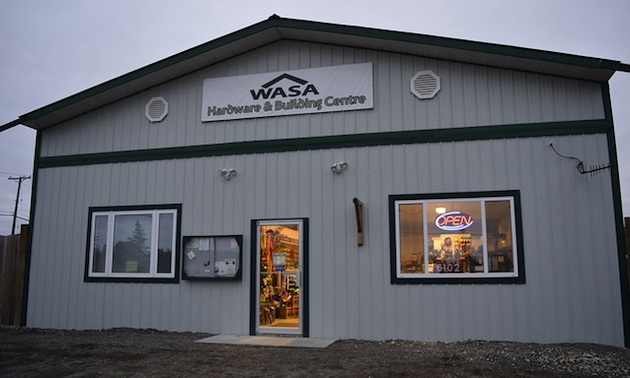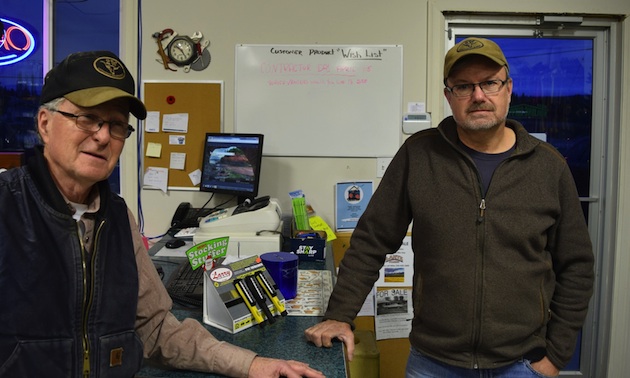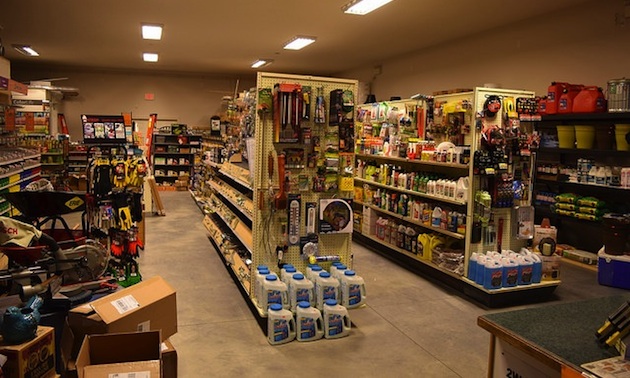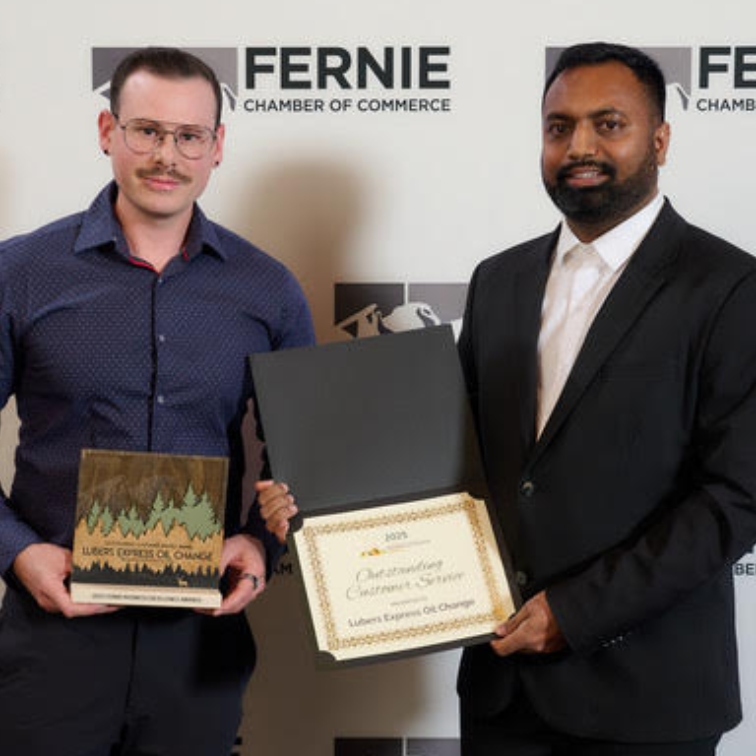Building trust at Wasa Hardware and Building Centre
Running a hardware store in a small lakeside community is not just business as usual for Steve Wilson.

WASA Hardware & Building Centre is located on the corner of Highway 93/95 at the Wasa Lake Park Drive north exit. — Nowell Berg photo
In the early years of his working life, Steve Wilson built houses and other large and small construction projects, but he was always drawn back to hardware. He went on to spend over 20 years with a big box hardware retailer in B.C.'s Lower Mainland.
Hardware is in Wilson’s DNA. Even when he was a young boy growing up in Calgary he'd hang out at the neighbourhood hardware store, asking questions and learning about all the amazing tools, gadgets and supplies stacked on shelves that lined the store walls.
After the tragic death of Dale Davis, Wasa Hardware's original owner, Wilson talked to the family and expressed his interest in buying the store.
“Sure enough, it started to take shape,” said Wilson. “Lo and behold, I have a little hardware store in Wasa.”
Wilson took over the store in the spring of 2012 and renamed it Wasa Hardware & Building Centre.
Wilson’s priority is to “find out what the community wants and what the needs are first,” he said. “There was a great (customer) base already here I could learn from. It's the customer that will keep you alive.”

Steve Wilson, right, owner of Wasa Hardware, with salesman Jim Westwood. — Nowell Berg photo
He looks to stock a good assortment of plumbing and electrical supplies, a range of tools, even paint, and, yes, lumber: lots of construction grade sticks and sheets. It wouldn't be a building centre without lumber.
“We are trying a lot of new things,” said Wilson, “trying things you wouldn't think would be here,” including birdhouses and planters which Wilson’s wife thought might appeal to the locals.
”We found a real market for that,” he said. “She took a chance—it was something she wanted to do and brought them in. People loved them.”
The small town difference
What’s the biggest difference between working for a big box hardware retailer and owning his own store?
“Being the master of your own destiny,” said Wilson. “Always thinking about how can I grow this business, how can I make this business what the community wants. You're far more hands-on. Instead of having people to pull orders or deliver orders, you do it all—taking care of everything from start to finish.
“What I love the most about it is that I'm way more one-on-one with my customers, so I really enjoy that part.”

Wasa Hardware and Building Centre is a general hardware store with all the stuff you need. — Nowell Berg photo
Wilson does his best to implement ideas he gets from the local community. Right beside the entrance within easy reach hangs a whiteboard where customers write down the items they'd like to see in the store. One day a customer scrawled “chainsaws” on the board. Wilson wasn't sure that type of equipment would work, but he brought in a couple and they sold.
What advice would Wilson give someone who's thinking about starting their own business? It takes commitment, he said. Once you decide to start, “go all in or you won't make it.”
Wilson finds it “really rewarding to get to know the people in a small town. They tell you their life stories. You hear so much about people that's genuine, it’s really genuine. They talk to you. That's what a small community to me is all about: you band together when stuff needs to be dealt with.
“You really get to know people; that's really the best thing about it.”





Comments